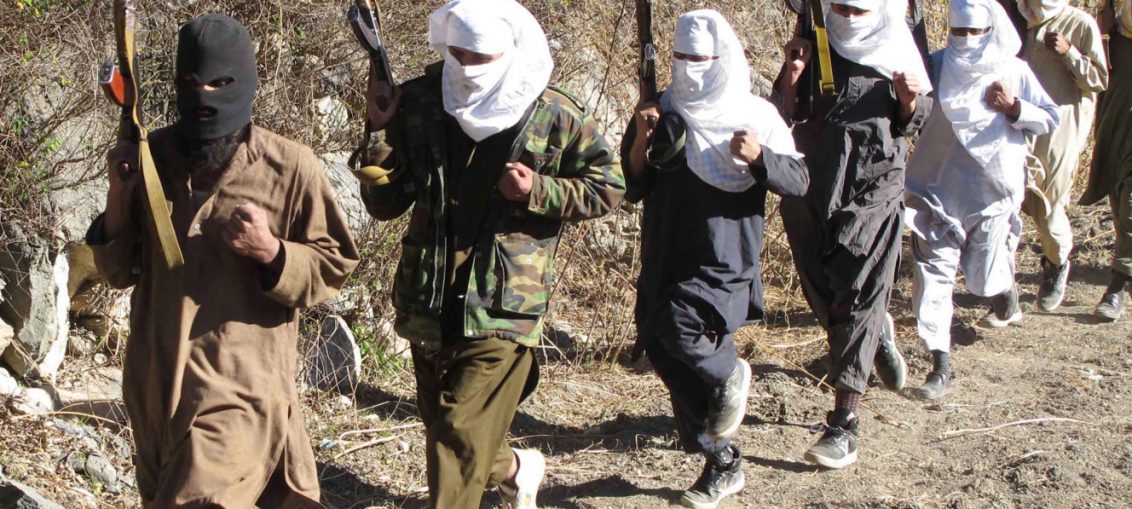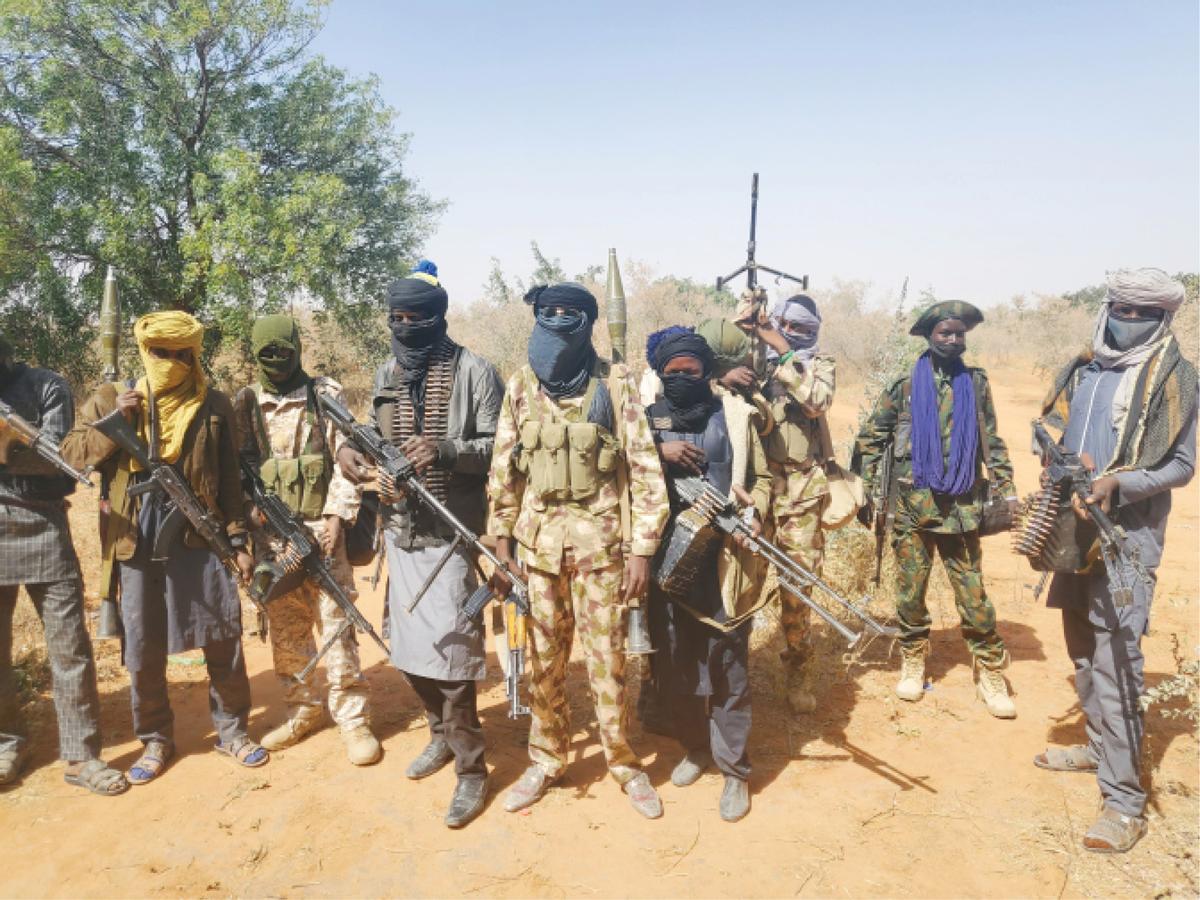The Fall Of Afghanistan: Lessons For Nigeria
By Chris Akor
The world was shocked by the spectacular collapse of the Western-propped government of Afghanistan in just eleven days following the withdrawal of troops by the United States and its Western partners from the country. Without fighting or offering any resistance whatsoever, the modern, sophisticated and expensively assembled Afghan army simply laid down their arms and melted away into the population allowing the Taliban to stroll into power once again.
Against all the recriminations and blame for America leaving Afghanistan, what
the collapse of the Western-sponsored government shows is that the entire American and NATO adventure in the country and the huge costs in blood and money was a farce. Beyond capturing Osama bin Laden and punishing those who planned the September 11, 2001 terrorist attacks on the US, the US has no business going into nation-building in Afghanistan. It was never going to work. The Afghan people, with their complicated multi-ethnic and tribal system, are yet to develop a national identity. Absent an overarching ideology like that of the Taliban to bind people together, loyalty is mainly to the tribe and not the state. It is therefore a gross misreading of the society for the West to think they could not only create a modern and democratic state in Afghanistan but also get its people and army to identify with the state to such an extent as to want to die defending it.
Many Afghans simply saw the West and the US as providers of jobs and opportunities for self-advancement. They may join the Army. They may receive all the sophisticated training modern armies receive and they may be supplied with the most sophisticated arms and ammunition. Heck, they may even fight side by side with American troops. But without the Americans and Westerners, they are only a collection of tribes who may not even see eye to eye with one another and who may be unwilling to fight and die for a country they rarely identify with. What is more, politicians, NGOs and contractors were all arrayed benefiting from the American and Western bazaar and development aid without the slightest intention of creating a national unity or sentiment to bind all Afghans together or even create a capable state that can be self-sustaining upon the exit of the Americans. The moment the US announced its intention to exit Afghanistan, it was game-over.
No amount of military and economic assistance can help defeat terrorism if the governments receiving those assistance are not themselves committed to good governance and accountability to the people.
Read Also:
There are direct implications for Nigeria and its fight against terror. First, depending on how the Taliban set out to govern, Afghanistan could become an ideological haven and training ground for radicals and terrorists alike. A disproportionate number of Nigerians, even at the highest levels of politics, share the Taliban’s extremist ideology and would be looking to replicate the group’s success in Nigeria. One of such extremist jihadists is the current Minister of communication and digital economy, Isa Ali Pantami, who once prayed for the success of the Taliban and Al-Qaeda in Afghanistan. Although Sheikh Pantami could not openly gloat over the success of the Taliban because of the position he is currently holding in Nigeria, others in less strategic positions have been less restrained, openly celebrating the takeover on social media. Nigeria should expect emboldened terrorist insurgents and extremist ideologies that would be pushing for a Taliban-like takeover of Nigeria. What is more, they will now have unrestrained access to both ideological and military training and weaponry in Afghanistan.
Second, the Nigerian political elite and politicians must realise that there are real consequences for bad governance and state failure. These situations, like the unending Boko Haram insurgency has shown, provide perfect breeding grounds for terrorist recruitment and indoctrination. You cannot push most of your citizens into extreme poverty, unable to afford the next meal while living in opulence and not expect a major blowback. Bad governance and state failure create a vacuum that terrorists and extremist preachers now move swiftly to fill. Sadly, while the terrorist insurgents are usually highly motivated by the ideologies they subscribe to and are ready to die for it, militaries and citizens of failed states or those suffering from bad governance do not have such motivations.
Just as Afghanistan was falling to the Taliban, Muhammadu Buhari wrote an Op-Ed in the Financial Times arguing that the war on terror is not over but shifting to Africa and called on the Biden administration to provide both military and economic assistance to Africa to enable it defeat terrorism.
The president is right on this assessment. But if Biden and the US have learnt anything from the precipitous collapse of its sponsored government in Afghanistan, it is the fact that no amount of military and economic assistance can help defeat terrorism if the governments receiving those assistance are not themselves committed to good governance and accountability to the people. Hundreds of billions of dollars were pumped into Afghanistan by the US and Western countries over the last 20 years, but those weren’t enough to build a capable and self-sustaining Afghanistan or even prevent a takeover by the Taliban.
American and western military and economic assistance will not help much in Africa if governments remain autocratic, abuse the human rights of its citizens and continue to push their peoples into extreme poverty and to the margins of society. America’s military assistance will not do much when Buhari continues to harbour people with proven extremist ideologies in his government, refuse to try captured terrorists in courts, but releases them back into society while their victims continue to languish in hunger camps. American military and economic assistance will make no difference when tens of millions of school-age children have been permanently prevented from going to school and are now roaming the streets aimlessly waiting to be recruited by terrorist and extremist organisations. Of what help is American assistance when youth unemployment in your country is over 40 per cent and youth are more likely to make a living joining a terrorist organisation than security a job?
credits/BD



